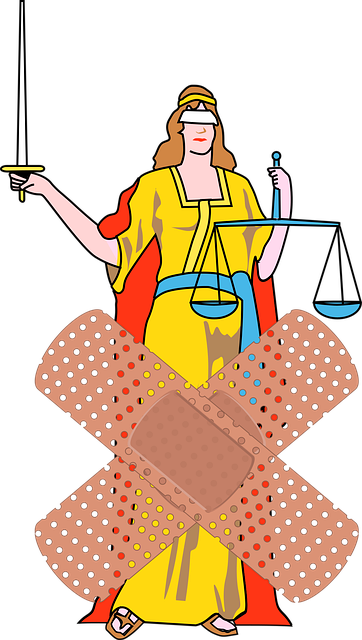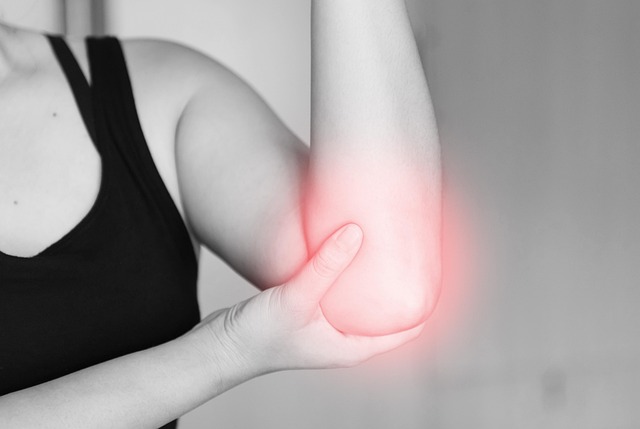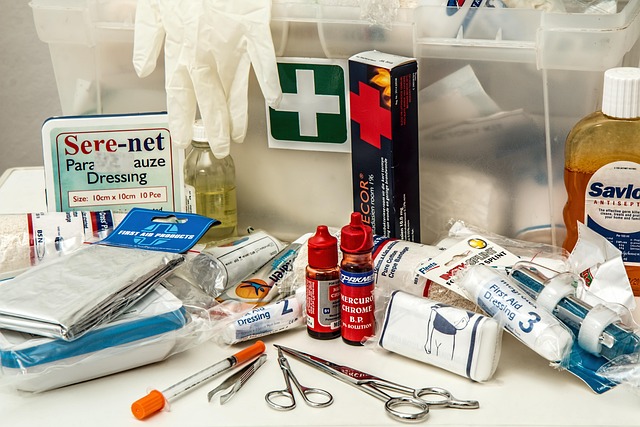A Peoria Personal Injury Lawsuit requires understanding local Illinois laws and guidelines for compensation. Victims identify liability under tort law and calculate damages, including medical expenses, pain, lost wages. Legal professionals are crucial for gathering evidence, negotiating with insurers, and ensuring maximum settlement or court verdicts. Initial steps involve gathering evidence, filing within statute of limitations, and consulting experienced Peoria personal injury attorneys.
In the event of a personal injury in Peoria, understanding your rights under local laws is paramount. This guide delves into the intricate world of Peoria personal injury claims, offering clarity on crucial aspects such as calculating compensation for various damages and navigating the legal process effectively. By exploring these key areas, you’ll gain valuable insights to pursue a successful Peoria Personal Injury Lawsuit, ensuring fair redress for your suffering.
- Understanding Peoria Personal Injury Laws
- Calculating Compensation for Damages
- Navigating the Peoria Personal Injury Claim Process
Understanding Peoria Personal Injury Laws

In the event of a personal injury in Peoria, understanding the local laws is crucial for navigating a potential Peoria Personal Injury Lawsuit. Illinois, like many states, has established guidelines and regulations to protect individuals who have suffered harm due to someone else’s negligence. These laws dictate the rights of victims and set forth clear procedures for filing a claim and seeking compensation.
The first step in any Peoria Personal Injury Lawsuit is to identify the legal basis for the case. This typically involves determining liability, which can rest with individuals, businesses, or government entities. Illinois follows a tort law system, meaning victims have the right to sue for damages incurred due to another party’s wrongful act. Damages may include medical expenses, pain and suffering, lost wages, and more, as outlined by state legislation.
Calculating Compensation for Damages

When pursuing a Peoria personal injury lawsuit, calculating compensation for damages is a crucial step in ensuring fair and just redress. The value of your claim is determined by assessing the extent of injuries sustained, medical expenses incurred, lost wages, pain and suffering, and other relevant factors as outlined by Peoria personal injury laws. Each element contributes to the overall compensation package designed to restore an individual to their pre-accident condition or a new normal.
Legal professionals play a vital role in navigating this process, gathering evidence, and negotiating with insurance companies on behalf of clients. Their expertise ensures that every component of potential damages is considered, maximizing the settlement amount or verdict in court. This meticulous approach is essential to achieving a favorable outcome in a Peoria personal injury lawsuit.
Navigating the Peoria Personal Injury Claim Process

Navigating the Peoria personal injury claim process can be challenging, but understanding your legal rights is essential. The first step involves gathering evidence and documenting any injuries sustained, including medical records and witness statements. This foundation is crucial for building a compelling case.
Once prepared, file a claim with the appropriate court, adhering to Illinois’ statute of limitations. During this journey, consult with experienced attorneys who specialize in Peoria personal injury lawsuits. They can guide you through each phase, ensuring your rights are protected and maximizing potential compensation.
When pursuing a Peoria personal injury claim, understanding the local laws and knowing your rights is essential. This guide has navigated you through the process, from calculating damages to navigating the claim journey. By recognizing the value of your injuries and gathering compelling evidence, you can build a strong case. Remember that a successful Peoria personal injury lawsuit can provide compensation for your losses and hold accountable those responsible for your harm.
